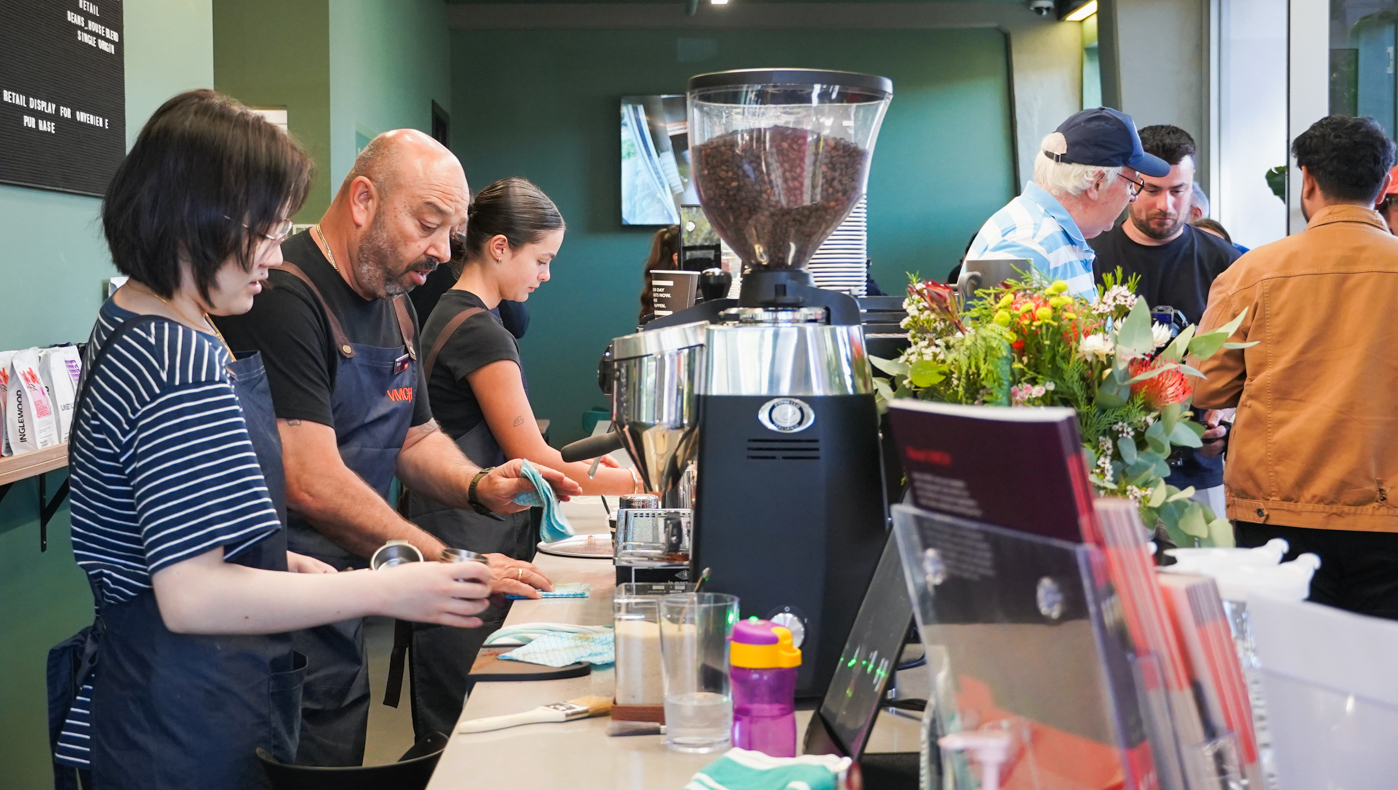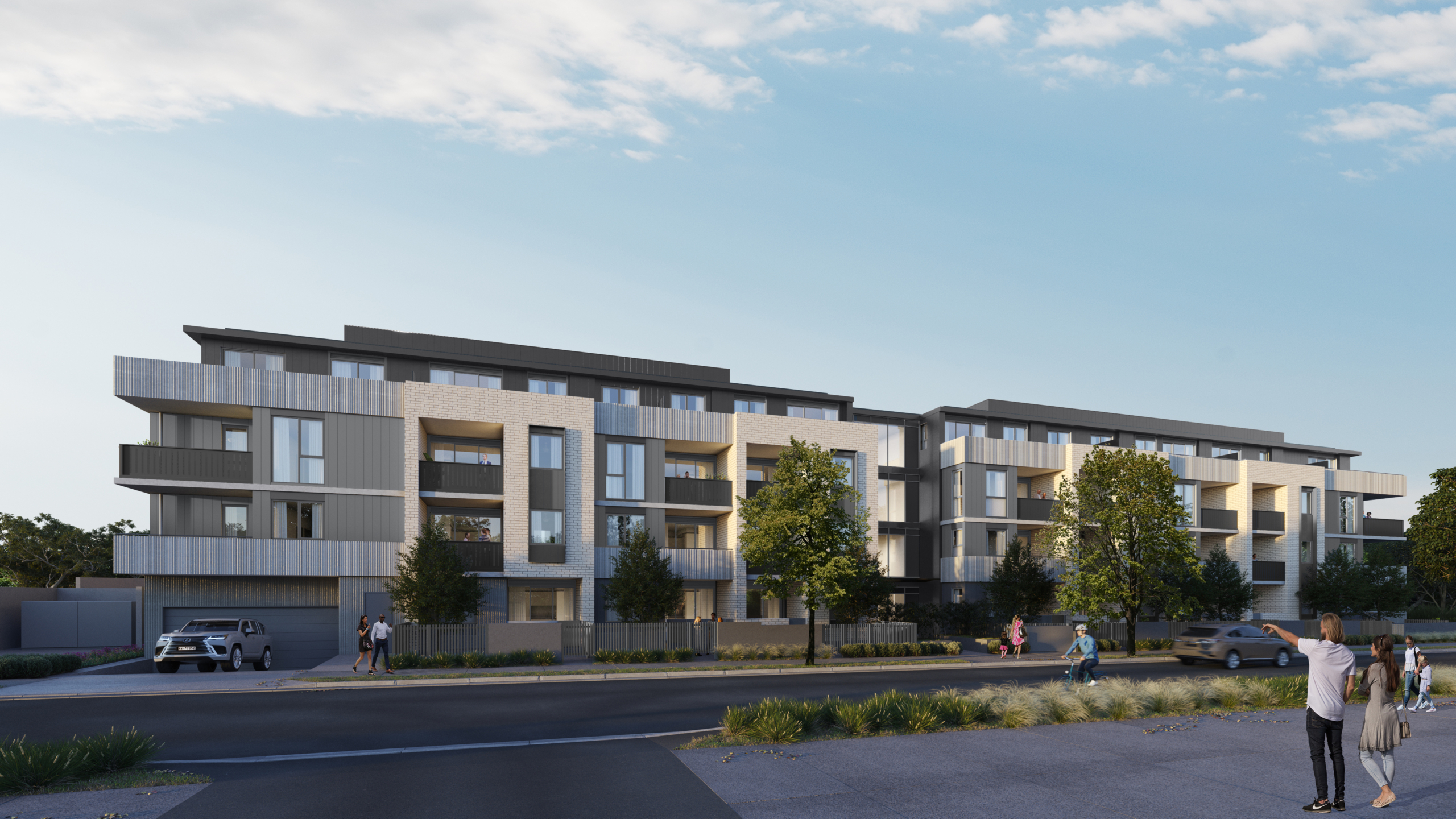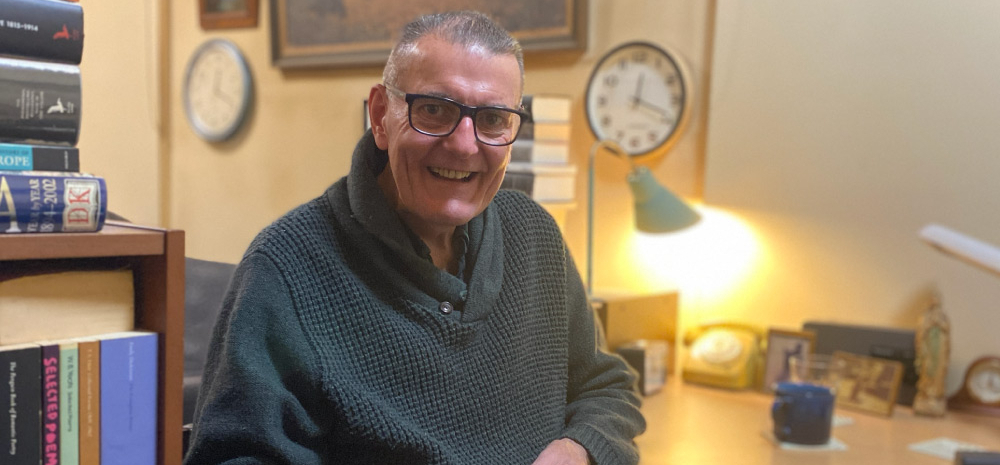Part 2. In conversation with Dr Sarah Taylor, Post-Doctoral Research Fellow at the Unison Housing

Dr Sarah Taylor is Post-Doctoral Research Fellow at the Unison Housing Research Lab.
In Part two of our conversation with Sarah, we talk about the importance of the practical application of Lab’s research, surprising research findings and opportunities for the Lab’s work to influence change.
The Lab is unique in the sector. How are you finding being a part of the team?
My fellow researchers have worked in the housing and homelessness area for a long time. I am very impressed by how they continue to do what they can to influence positive change. I bring my own skills to the team and am always listening and asking questions, and using my teammates as a test audience for ideas.
We know and appreciate the Unison team are very busy, and it’s always energizing when we go to the Unison workplace. Something is always happening! It is very important for us to connect with the Unison team, to develop research that sparks interest and is used in service delivery. To be able to work on research with findings that both influence and improve service delivery and are used in conversations between the sector and Government is a really big deal for us.
For example, we all really enjoyed working on the Private Rental Assistance Program (PRAP) evaluation with the Unison team and have learnt a lot from the research.
What are you uncovering as part of your research that has surprised you?
I’ve been surprised by the fact that age affects your likelihood to stay somewhere longer. Our data has shown that when you reach around the late 30’s the likelihood of you staying in your home more than doubles. Your stability doesn’t necessarily reflect well on the housing or supports, you just are less likely to move.
A younger person tends to move around, by nature of being young. It doesn’t necessarily reflect badly on the person, the housing or the supports. Finding such a strong pattern was surprising at first, but when I thought about it more, it did make sense, and matched the housing histories of almost everyone I knew. From this, I thought that perhaps expectations need to be adjusted as to what is a good outcome for young people in social housing, with details of tenancies and housing design possibly needing a rethink.
What do you most get out of working in The Lab and where do you see the opportunities for the research to influence change?
I enjoy learning about things I don’t already have expertise in. I ask questions and I have nothing to lose from learning something new.
Working as part of the Lab, I am guaranteed a lot of interesting topics to learn about and write about. There are no easy answers and the work can be confronting. I hope to not “de-humanise” the issues and to remain empathetic.
Working with large datasets it can be easy to get lost in code, but it’s important to keep crosschecking with what people say. As a rule of thumb, I don’t like to write anything about people that I wouldn’t want them to read.
Productive analysis of quantitative data can reveal information that provokes more questioning. It can be combined with qualitative information around personal experiences, and help to see issues from a perspective that is just not possible in day to day life, but which helps to understand it more. I aim for moments where the information makes good sense and can spark enquiry and interest in perhaps doing things differently.
I like to produce research that is a little left field. By this, I mean research that considers information about people, but also information about buildings, neighbourhoods, neighbours, and government systems. No person is an island.
For example, from researching rooming houses I can say with great confidence that having a private bathroom and kitchen and being able to ignore your neighbours makes an enormous difference to housing quality, no matter what has happened in a person’s life before. On the other hand, I know from our Maximising Impact data that Unison works with people who have experienced great disadvantage in their lives, and that this can and does impact on tenancy sustainment, no matter how great the housing is. Good quality research sits across multiple issues, like real life.
For more information about Sarah’s work
https://unison.org.au/about-us/research-and-advocacy
https://www.rmit.edu.au/contact/staff-contacts/academic-staff/t/taylor-dr-sarah
Part 1 of Dr Sarah Taylor’s interview is available here.



